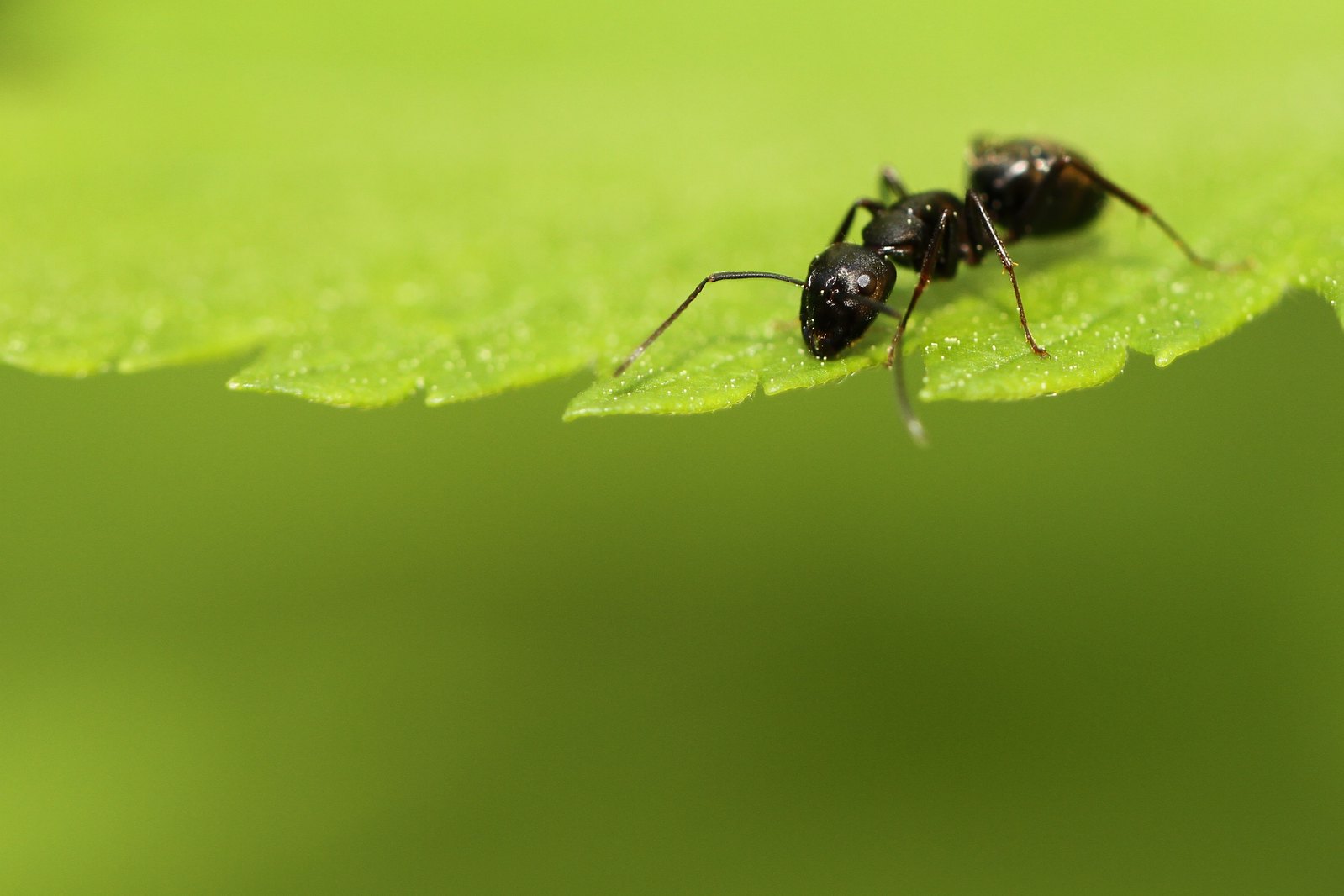At long last, scientists say they have calculated the number of ants on Earth—answering what many believed, or perhaps still believe, to be an unanswerable question. "It's about time!" you might say. "How many are there?" you might ask. Their answer may surprise or disappoint you, depending on how many ants you think should be roaming the Earth at any given moment.
Their paper, published Monday in the journal Proceedings of the National Academy of Sciences, proposes a conservative estimate of 20 quadrillion ants, or 20,000,000,000,000,000 in the numerical language of math. This number, of course, is an estimate, derived from data from thousands of researchers worldwide. No one went out and counted all the ants; imagine getting to 16 quadrillion and losing count and having to start over. But the estimate means that for every living human, there are about 2.5 million ants wandering around in pursuit of their various ant tasks. Twenty quadrillion ants are, collectively, really freaking heavy, weighing more than all wild birds and mammals on Earth.
Twenty quadrillion ants is a frankly dizzying number of ants, even by the scientists' standards; in an interview with The Washington Post, the study's lead author Patrick Schultheiss called the number of ants "unimaginable." It's hard to disagree with that, although I would say I would have trouble imagining any number of ants beyond, like 100 ants. If you showed me a small handful of ants and told me it contained either 50, 100, or 200 ants, I think I would be convinced by every possible option.
Could I imagine 20 quadrillion ants? As someone who generally sees one ant a day, who thinks about ants occasionally, and who respects the rights of ants to bow before a queen, who is less a monarch than a mommy (in charge of laying eggs), I admit I do not spend a lot of time visualizing ants. When I closed my eyes and tried to imagine 20 quadrillion ants, a wavering, pitch-black pyramid-like heap came to mind. So, no, I suppose 20 quadrillion ants is unimaginable, by me.
Does the sheer vastness of that number surprise me? One quadrillion, let alone twenty, is a marvelous quantity, one I rarely encounter, a number is so large that it simply seems invented—Big Math's latest scheme. Of course I find it shocking. But would I have found it equally shocking to learn that there were 20 trillion, or 20 quintillion ants? Even though these numbers are vastly different, I think I would find them all equally surprising. Some people, upon learning this news, declared 20 quadrillion was "too many ants." I admit I also had a shimmer of this reaction. How could there be 20 quadrillion of any non-microbial animal? When I tried to think of an animal that might be more numerous than ants, I learned there are just 110 trillion mosquitoes, which only makes the number of ants more impressive.
But the more I thought about it, the more I wondered if, actually, there should be even more ants. Why stop at 20 quadrillion? The little guys are crucial to maintaining ecosystems around earth. Their tunnels churn and aerate the soil, funneling water and air toward plant roots. They carry seeds into their tunnels, which can sprout into plants. They eat rotting wood and other decaying flora. Ants objectively work harder than I do, and for a planetary good. In fact, the scientists say 20 quadrillion ants is a conservative estimate, meaning there is another, more radical estimate of the number of ants marching around the rocky sphere of Earth. I dare the scientists to share this other, even more incomprehensible estimate! I shall try and fail to imagine it! Long live the ants; theirs are the only queens I'll ever mourn!






